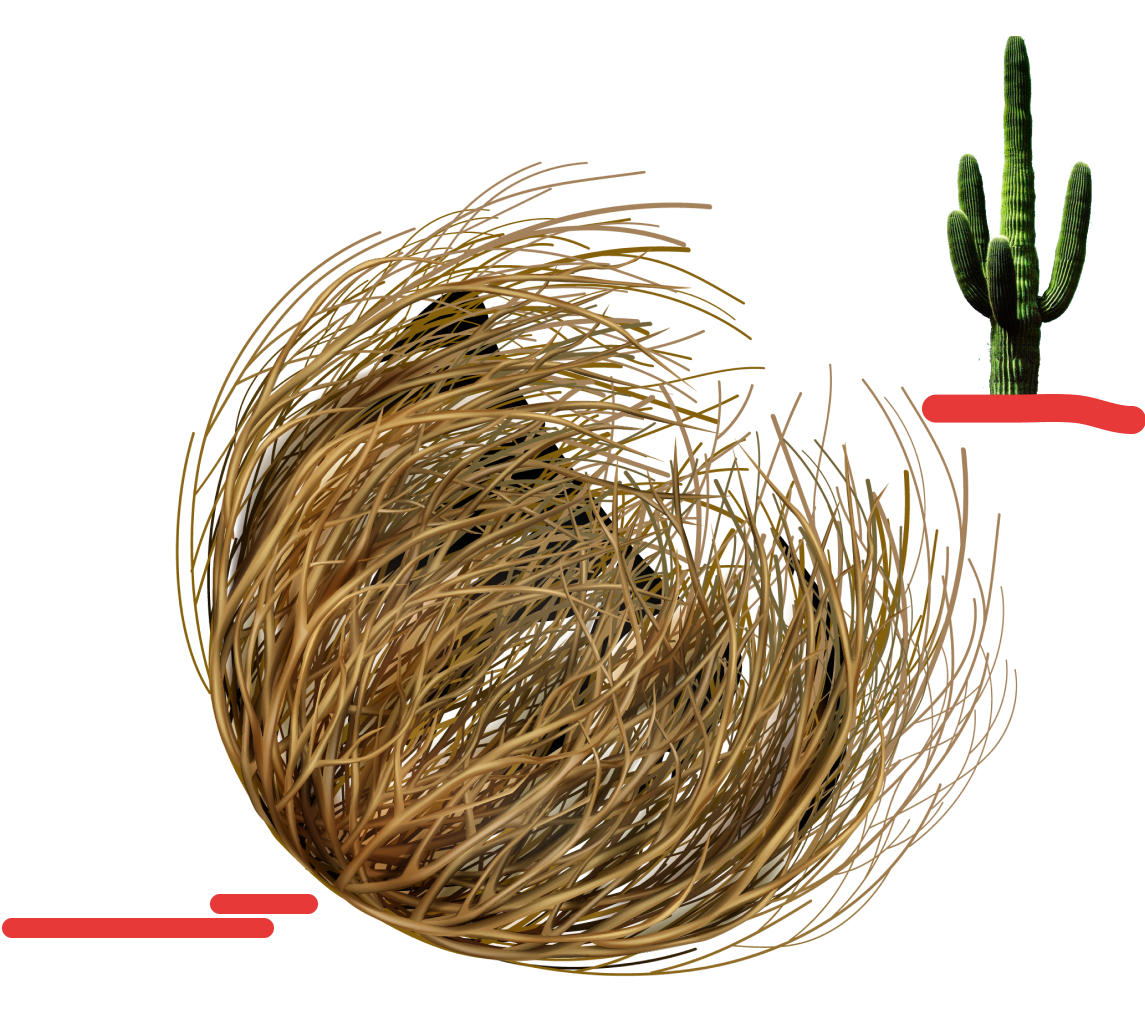Conjunctions in English

The rules of using conjunctions in English will be analysed in this article. It will also provide illustrative examples of sentences with conjunctions, and consider the difference between English conjunctions and other parts of speech.
Contents
1. All what you need to know about English conjunctions
2. Types of conjunctions in English
2.1. Simple
2.2. Derivative
2.3. Compound
2.4. Composite
2.5. Coordinating
2.6. Subordinating
3. Difference between conjunctions and other parts of speech
All what you need to know about English conjunctions
A conjunction is a service part of speech that connects words, phrases, parts of a sentence or separate clauses.
To understand the role of conjunctions in English better, let's have a look at some examples. First, read these sentences:
- Mary came to the office. Her boss was really mad at her. She was late.
- This summer we will go to Brazil for the New Year. We will go without our children.
- I am going to eat pizza. I am going to eat salad.
The main meaning of these sentences is clear, but they do not look like a whole thing. That's why we use conjunctions – to connect sentences (or parts of sentences) together, to make them more harmonious and easier to understand. So after adding a few English conjunctions to the sentences above we can see such examples:
- Mary came to the office but her boss was really mad at her because she was late.
- This summer we will go to Brazil for the New Year, however we will go without our children.
- I am going to eat either pizza or salad.
Now our examples are more complete, clear and understandable.
Types of conjunctions in English
There are six types of conjunctions in English:
- Simple
- Derivative
- Compound
- Composite
- Coordinating
- Subordinating
Let's move on to examples that will help you to understand their usage.

Simple conjunctions
It appears in the form of one word in English:
- And
- Or
- But
- As
- So
- Then
- If
- Till, until
The table below shows examples:
|
And |
I have been to Paris 4 times and this summer I’m going to visit France one more time. |
|
Or |
Would you like to order tea or coffee? |
|
But |
He begged that everything would be alright but anyway I broke up with him. |
|
As |
As our boss hadn’t known about the conflict, we decided not to tell him anything. |
|
So |
Julia didn’t want to go to that boring meeting so she decided to work in the library on her own. |
|
Then |
Yesterday she came to the office, then she took a cup of tea. |
|
If |
We will go to the park with you if the weather is fine. |
|
Till, until |
I promise that I will love you till the end of my life. |
Derivative conjunctions
They are formed by adding a prefix or a suffix:
- Because
- Until
- Unless
Here are some sentences with derivative English conjunctions:
|
Because |
Mrs Junnings can’t answer because she is having a meeting right now. |
|
Until |
Needless to say, Sam will not talk to John until he apologizes. |
|
Unless |
You won’t go to the cinema unless you do your English homework. |
Compound conjunctions
They are formed from two conjunctions (two roots) or by adding suffixes or prefixes:
- However
- Whenever
- Although
- Whereas
Let's take a look at how they are used in practice:
|
However |
Jenny is one of our best managers however she is foxy, be careful with her. |
|
Whenever |
Whenever I ask you for help, you have a million reasons not to help me at all. |
|
Although |
Every day I try to do my best to succeed although it seems to me that one day I’ll give up. |
|
Whereas |
Sarah earns 5000$ per month whereas her husband doesn’t work at all. |
Composite conjunctions
They are made up of two words or more:
- As soon as
- As well as
- In order to
- In case of
- Either… or…
- Neither… nor…
- Not only… but also…
- Both… and…
- Rather… or…
There’re some examples below:
|
As soon as |
We will call you as soon as Mark comes back home. |
|
As well as |
Mary loves backing as well as singing. |
|
In order to |
In order to switch off the TV, press the red button. |
|
In case (of) |
In case they pass the IELTS exam, they will study in Britain. |
|
Either… or… |
If I had a choice where to work, I would choose either Deloitte or Google. |
|
Neither… nor… |
Sam fears neither spiders nor snakes. |
|
Not only… but also… |
He was not only one of the most handsome men but also one of the bravest. |
|
Both… and… |
Both Max and Josh are good at Maths. |
|
Rather… or… |
Would you rather live by the ocean or in the mountains? |
Coordinating conjunctions
They are used in English when you need to combine certain words, phrases or even several sentences into one. Look at the list:
- And
- Or
- But
- Yet
- So
Here are some examples of sentences with coordinating conjunctions:
|
And |
Rose was taking a bath and Jim was cooking dinner. |
|
Or |
Actually, I haven’t decided which foreign language I’d like to learn, I will choose Spanish or German. |
|
But |
This actor is really strange and so old but I like him anyway. |
|
Yet |
We know that she will bake this pie on her own, yet we want to help her. |
|
So |
Mary didn’t want to talk to her ex so she walked away. |
Subordinating conjunctions
The purpose of subordinating conjunctions is to connect parts of a sentence where one part depends on the other one in terms of content and meaning. Let's have a look at the list:
- If
- Before
- After
- When
- That
- Provided that
- In case
- Unless
- Because
- Since
There are more examples in the table below:
|
If |
What would you do with 1 million dollars if you had this money? |
|
Before |
Before they graduated from the university, they had passed all the final exams. |
|
After |
And now I see why you were upset after that meeting. |
|
When |
I will live in China when I know Chinese. |
|
That |
We hope that Mary and Dan will find some other way. |
|
Provided that |
Provided that Bob misses Keth, he may call her. |
|
In case |
Text me in case you just want to come home. |
|
Unless |
Unless Harry does all the homework, he won’t go playing in the yard. |
|
Because |
I didn’t want to drink wine at the party because I don’t drink alcohol at all. |
|
Since |
Since you've been out of my life I make all decisions on my own. |
Difference between conjunctions and other parts of speech
Conjunctions in English can often be confused with adverbs or prepositions. To distinguish them, you need to understand the function of certain words in a sentence. Please pay attention that conjunctions are never a part of the sentence, it only connects other words or parts of the sentence together.
Let's have a closer look at the word “before” to demonstrate the difference between English conjunctions, adverbs and prepositions. It can function as these three parts of speech: to connect two parts of a sentence, to indicate a feature or condition, and to express a relationship between words.
|
Conjunction |
My children always have to clean up the house before they go to bed. |
|
Adverb |
It seems that he has never seen her before. |
|
Preposition |
Yesterday morning Sandy came to the office at 9 a.m., but her boss had come before her. |
